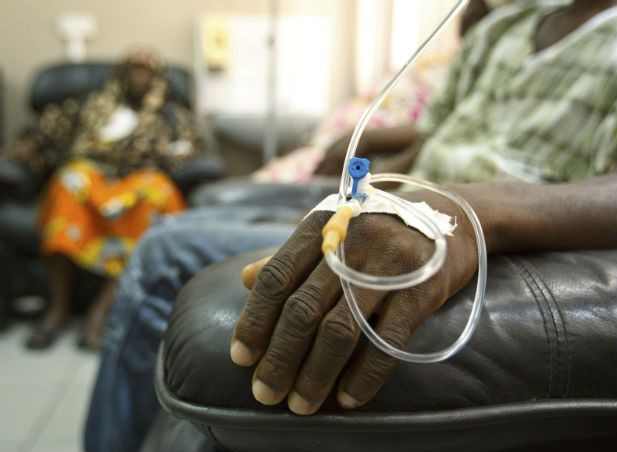Cancer Cases Worldwide Could Increase To 22 Million Annually By 2030

Experts from the International Agency for Research on Cancer (IARC) said the annual number of new cancer diagnoses is expected to reach 22 million within the next two decades. A report released on Monday, World Cancer Report 2014, revealed an urgent need for effective and affordable cancer prevention strategies in order to reduce the number of newly diagnosed cases.
“Despite exciting advances, this report shows that we cannot treat our way out of the cancer problem,” said Director of IARC, Dr. Christopher Wild, in a press release. “More commitment to prevention and early detection is desperately needed in order to complement improved treatments and address the alarming rise in cancer burden globally.”
Wild and his colleagues from the IARC, official cancer agency of the World Health Organization (WHO), contacted more than 250 scientists from over 40 different countries. The research team gathered the latest statistics surrounding cancer diagnosis and mortality rate. The most common types of cancer around the world include lung with 1.8 million cases, breast with 1.7 million cases, and large bowel with 1.4 million cases.
Fourteen million new cancer cases were estimated in 2012 while the cost for cancer care rose to $1.6 trillion each year. Wild expects the yearly total for cancer diagnoses will almost double by 2030 when 22 million annual cancer cases are expected. The number of people who die as a result of cancer is also expected to increase from 8.2 million deaths each year in 2012 to 13 million annual deaths within the next two decades.
“The rise of cancer worldwide is a major obstacle to human development and well-being,” Wild added. “These new figures and projections send a strong signal that immediate action is needed to confront this human disaster, which touches every community worldwide, without exception.”
Researchers from the IARC said their findings call for action in developing countries, especially. Underdeveloped regions of the world, including Africa, Asia, Central America, and South America, account for 60 percent of new cancer cases each year and 70 percent of annual cancer-related deaths. People in these countries stand a higher risk of infection-related cancers such as cervix, liver, and stomach. They are also more likely to suffer from cancers that can be caused by industrialized lifestyles including lung, breast, and large bowel.
Health care professionals in both developed and underdeveloped countries should stress healthy eating, consistent exercise, and quitting smoking for reducing a person’s risk of cancer development. Vaccination efforts against hepatitis B and the human papillomavirus (HPV) have also had a dramatic effect on the amount of people affected by cancer.
“Governments must show political commitment to progressively step up the implementation of high-quality screening and early detection programs, which are an investment rather than a cost,” explained Dr. Bernard W. Stewart, co-editor of World Cancer Report 2014.



























